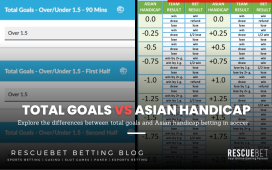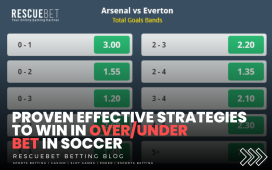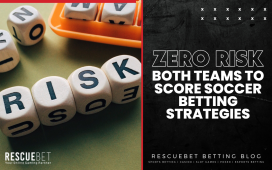Value betting is a term derived from investing. Warren Buffet was a big proponent of value investing which included investing in a company based on its cash flows and intrinsic value. It enables Buffet to spot the best shares for the best deals while taking on limited risk. This strategy was successful for almost half a century, and today, financial firms and bookies utilize value strategies.
As value investing grew more popular, value investing was applied to other fields to test its reliability. Betting was one of the fields that successfully adopted value betting strategies. Value investing is an investment in an asset that’s heavily underpriced compared to the market or its peers. It gives investors a time advantage as they buy the underpriced asset and wait till it appreciates in monetary terms. A value investment also gives an investor an edge when researching and selecting underpriced assets such as stocks, gold, or land.
Value Betting On Horse Races
Value betting on horse races involves the same principle as value investing in assets. A punter making wagers on horse races can select horses whose odds are mispriced. A punter can compare the odds provided by sportsbooks and choose the most profitable odds for a particular wager. Different providers give punters different odds based on the number of bets received, the level of risk the sportsbook undertakes, the possible results of an event, and other variables. However, because different providers list varied odds, punters can select the most value for their wager by choosing the highest odds and best payout on a horse race wager.
Favorite horses that are heavily wagered on sometimes cause bookies to misprice odds to attract more wagers on other options. Punters can keep track of different odds provided by various providers on sportsbook comparison portals. Punters can build automated bots to automatically buy a wager once it hits a particular payout or odds.
Features Of Horse Races
It’s important to note that value betting strategies usually need time to show significant results. Punters can follow remote races in different countries and online, follow top horse racing leagues, and identify when to select a value wager.
1. Remote Races
Punters can make wagers on remote horse races where the opportunities of mispriced odds are higher. It includes races in Malaysia, Singapore, India, Thailand, and other countries outside the mainstream horse racing circuits. Remote races give punters a unique opportunity to spot value wagers because of the limited number of bets on an outcome. However, a punter must follow different circuits, horses participating, the course, etc., to make a winning wager.
2. Top League Races
When several punters make a wager on the same horse or outcome, the odds start to shift in favor of the other horses. The odds begin to go because the sportsbook is trying to attract more wagers on the opposite outcome. A sportsbook has its reasons, but the biggest reason is efficiently managing its exposure across all bets. If a sportsbook can’t control its level of risk, it could get bankrupt soon.
Novice punters generally wager on the favorites in top races, which leaves experienced value bettors with an opportunity to place a reasonable wager on a probable outcome. For example, several punters make wagers in-person and online for the Kentucky Derby, one of the hottest horse racing events globally. Because of its popularity, a punter can make a wager on a horse capable of winning the race, but not favorites.
3. When To Make a Value Bet?
In some cases, a punter may not have a value betting situation, or the punter may have missed it even if there was a value betting situation. It’s important to consider that value betting problems don’t always arise, but a punter will have several opportunities to capture a value wager in time. Apart from utilizing a value wager, a punter must also consider which betting markets to follow and which bets are mispriced more often than others.
For example, the top three may be a league better than the other horses in some races. In other races, the top 6 horses have an equal shot at winning a particular race. Different horses may have an edge in some races, such as mile, quarter, track, marathon, etc.
























